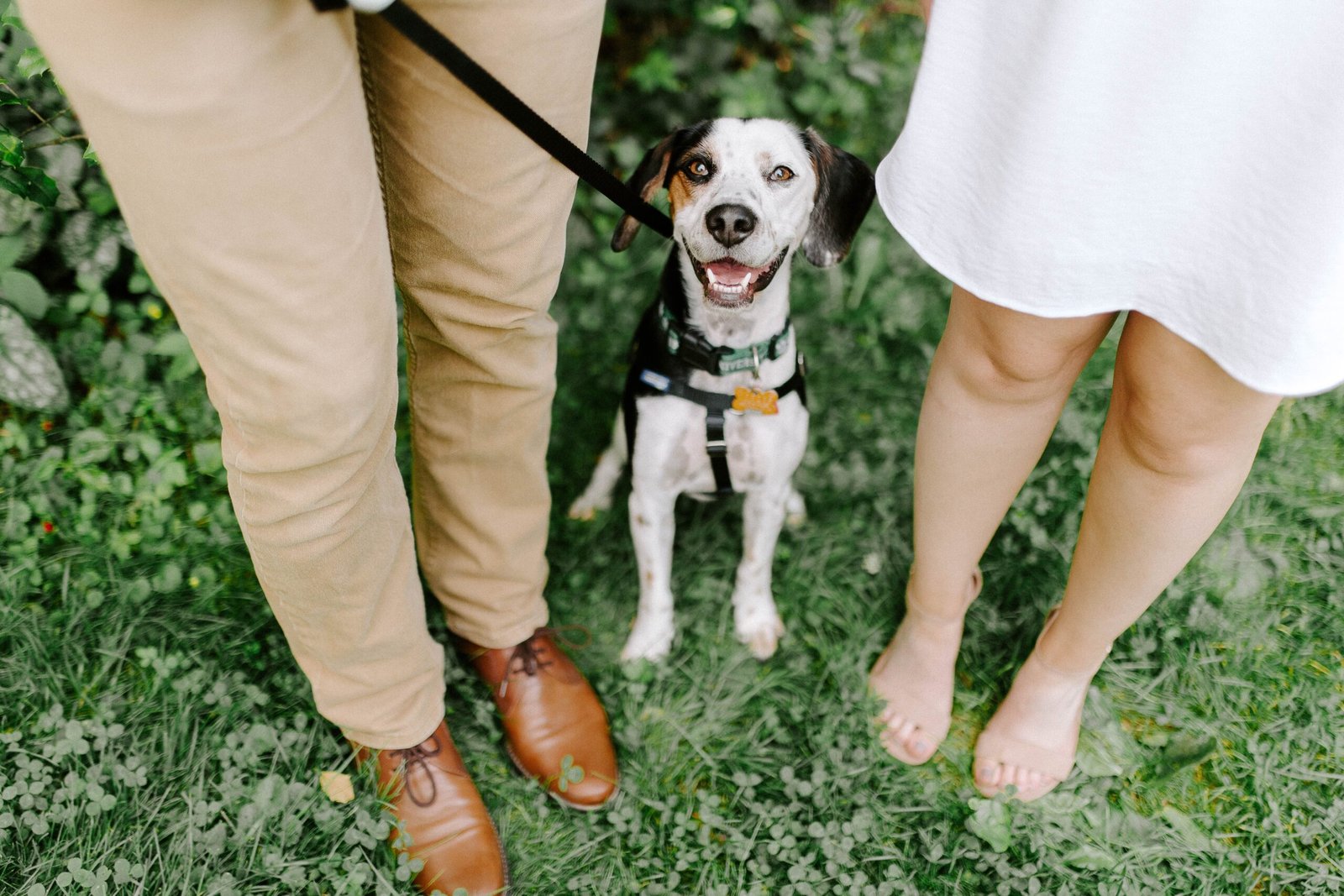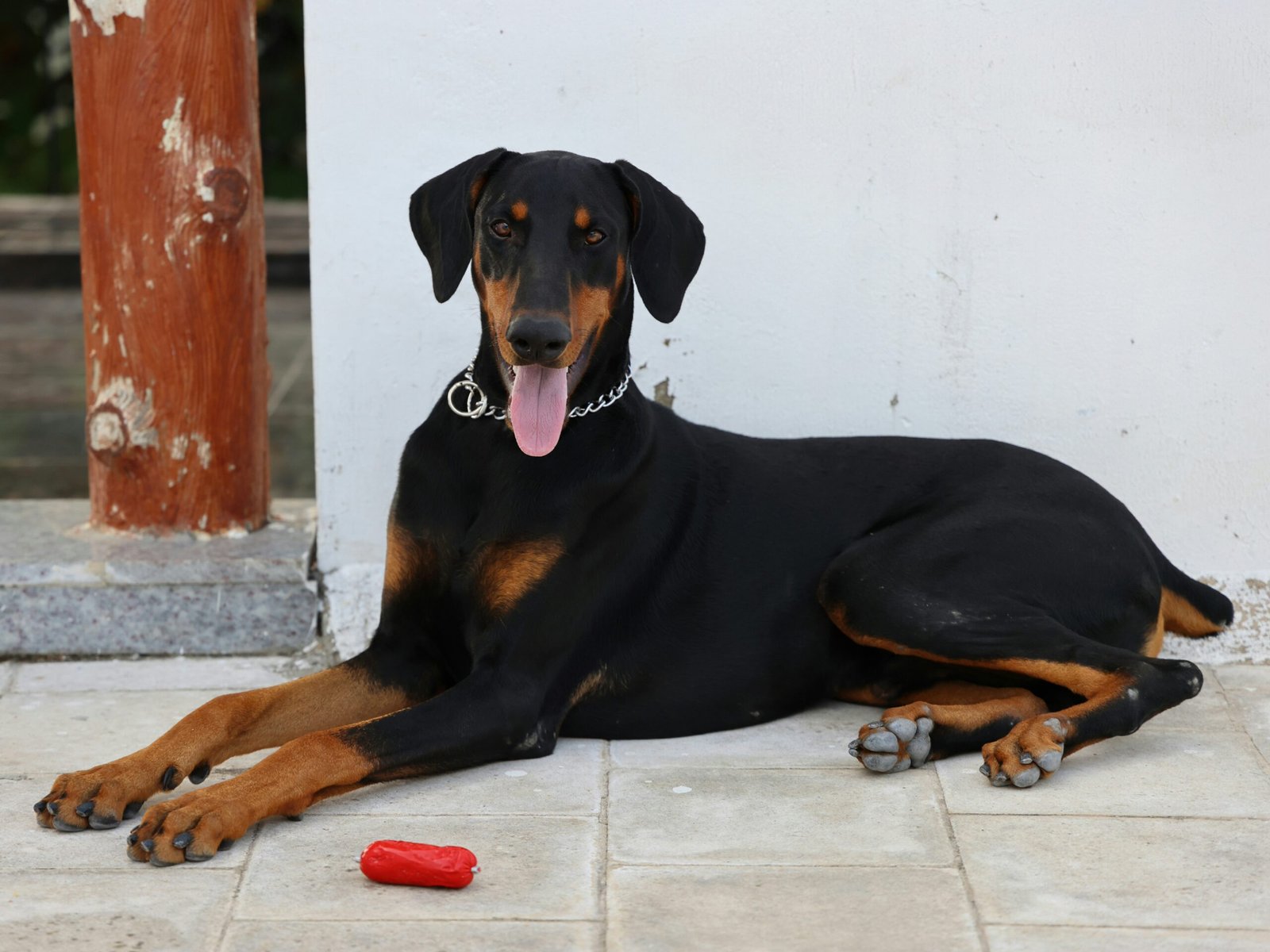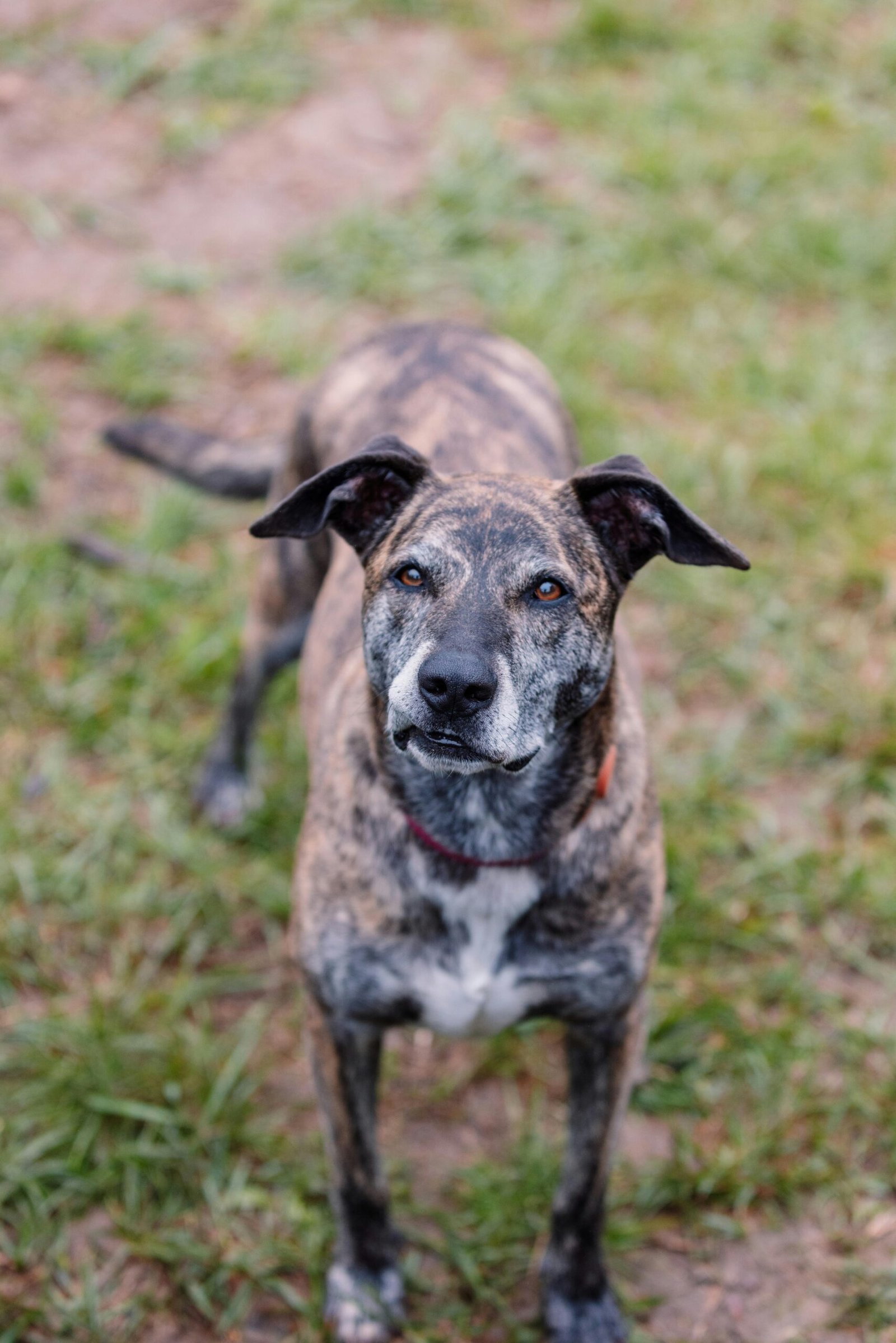Have you ever wondered how to train your King Doberman to be obedient, loyal, and well-behaved? Look no further! In this article, we will explore the world of effective training techniques specifically tailored for King Dobermans. Whether you are a first-time pet owner or have years of experience, these techniques will help you master the art of training your regal canine companion. So, grab your treats and leash and let’s embark on this journey to create a harmonious bond with your majestic King Doberman!
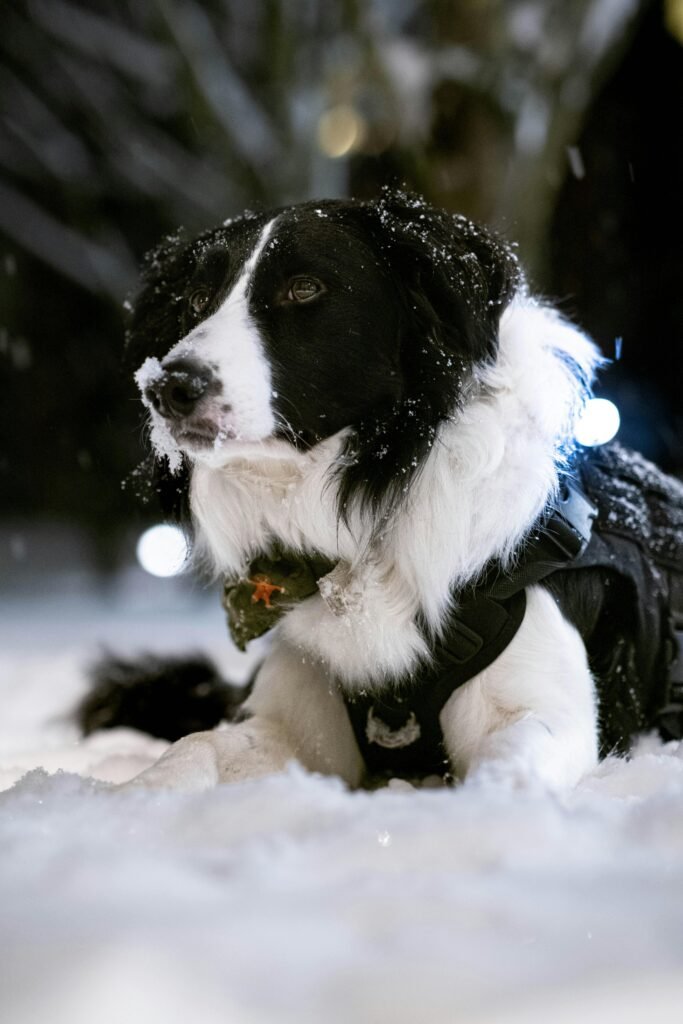
This image is property of images.pexels.com.
Understanding King Dobermans
King Dobermans are a magnificent breed known for their strength, intelligence, and loyalty. These regal dogs require specialized training techniques to bring out the best in them. By understanding their unique traits and characteristics, we can tailor our training methods to ensure a positive and successful experience.
Traits and characteristics of King Dobermans
King Dobermans are known for their impressive physical stature and elegant appearance. They have a sleek, muscular build and a confident and alert expression. Inside their handsome exterior lies a breed with high energy levels and a strong desire to please their humans.
One important trait to keep in mind when training a King Doberman is their intelligence. They are highly intelligent dogs and are quick learners, which means they thrive on mental stimulation. Their intelligence also means that they can become bored easily, so it’s crucial to keep training sessions engaging and varied.
King Dobermans are also known for their loyalty and protective nature. They form strong bonds with their families and are naturally inclined to guard and protect their loved ones. While this makes them excellent watchdogs, it also means careful socialization is necessary to ensure they are friendly and well-behaved in various situations.
Significance of effective training techniques for King Dobermans
Effective training techniques are vital for King Dobermans to reach their full potential as well-rounded, well-behaved members of the family. Without proper training, their intelligence and protective nature can sometimes lead to undesirable behaviors, such as excessive barking or jumping.
By implementing the right training techniques, we can harness their intelligence and loyalty to create a strong bond and teach them to respond to commands consistently. Additionally, positive reinforcement techniques promote a positive relationship between the dog and their owner, enhancing obedience and cooperation.
Creating a Positive Training Environment
To successfully train your King Doberman, it’s essential to create a positive and supportive training environment. By providing a welcoming and safe space, choosing the right time and place for training sessions, and setting the mood with appropriate lighting and temperature, you can maximize the effectiveness of your training sessions.
The importance of a welcoming and safe space
Creating a welcoming and safe space for training is crucial for a King Doberman’s success. Choose an area in your home or yard that is free from distractions, allowing your dog to focus on the training exercises. Remove any potential hazards that may pose a risk to their safety and ensure there is enough space for movement.
Choosing the right time and place for training sessions
Timing is everything when it comes to training a King Doberman. Select a time when both you and your dog are calm and focused. Avoid training sessions when your dog is overly tired or excited. Consistency is key, so try to establish a regular training schedule that works for both you and your dog.
Setting the mood with appropriate lighting and temperature
Believe it or not, lighting and temperature can impact your dog’s mood and ability to focus during training sessions. Ensure that the training area is well-lit, allowing your dog to clearly see your hand signals and facial expressions. Additionally, maintain a comfortable temperature to keep your dog relaxed and attentive throughout the training session.
Building a Strong Bond
Building a strong bond between you and your King Doberman is fundamental to successful training. By establishing trust and mutual respect, using positive reinforcement to encourage desired behavior, and building a foundation of clear communication, you can foster a deep connection that will strengthen the training process.
Establishing trust and mutual respect
Trust and mutual respect are the foundation of any healthy relationship. Take the time to establish trust with your King Doberman by consistently providing care, attention, and positive experiences. Avoid physical or harsh punishment, as this can damage the trust and respect between you and your dog.
Using positive reinforcement to encourage desired behavior
Positive reinforcement is a highly effective technique for training King Dobermans. By rewarding desired behavior with treats, praise, or play, you reinforce the idea that good behavior is rewarded. This encourages your dog to repeat those behaviors in the future.
Building a foundation of clear communication
Clear communication is key in any training process. King Dobermans are intuitive dogs and can often pick up on subtle cues and body language. Use consistent hand signals and verbal cues to communicate your expectations. Additionally, consider incorporating clicker training as a method of clear and precise communication during training.
Basic Training Commands
Teaching basic training commands is an essential part of owning a King Doberman. By teaching commands such as sit, stay, and come, you establish control over your dog’s behavior and ensure their safety in various situations. When it comes to basic training, consistency, repetition, and the incorporation of hand signals and verbal cues are crucial.
Teaching essential commands like sit, stay, and come
Start with the basics, such as teaching your King Doberman to sit, stay, and come on command. Begin in a distraction-free environment and use positive reinforcement to reward your dog when they successfully follow the command. Gradually introduce distractions to reinforce their focus and obedience.
Using consistency and repetition for effective results
Consistency and repetition are key elements in successful basic training. Repeat the commands in various situations and locations to ensure your King Doberman understands that the commands apply in different scenarios. Be patient, as dogs learn at their own pace, and remain consistent with your expectations.
Incorporating hand signals and verbal cues
Incorporating hand signals and verbal cues into your training sessions enhances your King Doberman’s understanding of the commands. Using consistent hand signals alongside verbal cues allows for clear communication that can be easily understood even from a distance. Make sure to teach and practice these signals consistently to reinforce their meaning.
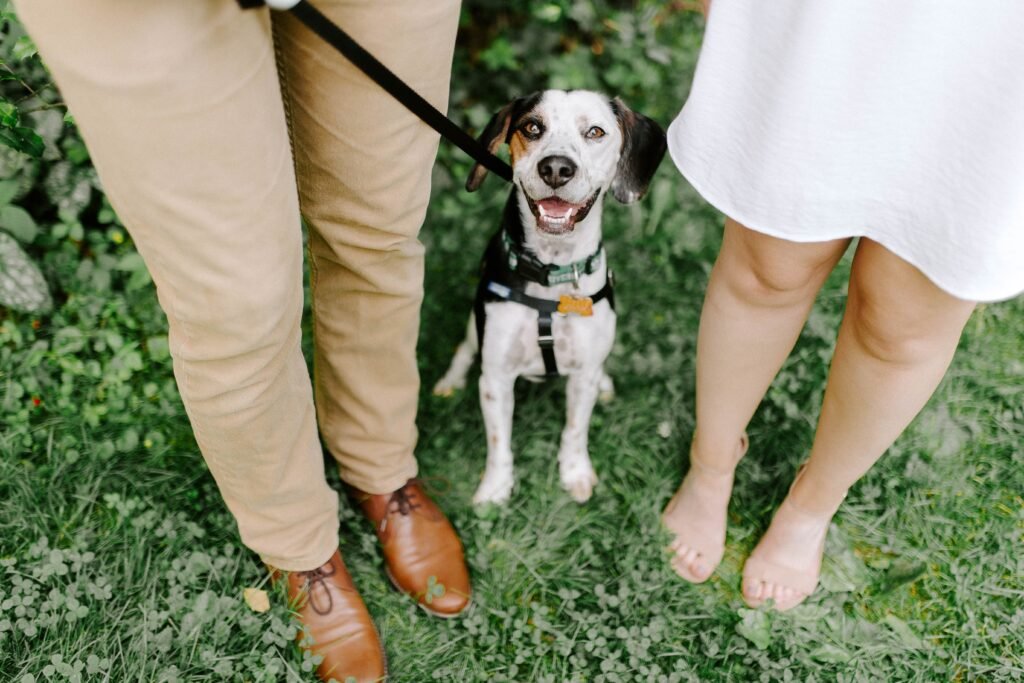
This image is property of images.pexels.com.
Socialization Techniques
Socialization plays a vital role in the development of a well-rounded King Doberman. Introducing your dog to various environments and situations, exposing them to different sounds, sights, and smells, and encouraging friendly interactions with other animals and people are all crucial aspects of socialization.
Introducing the King Doberman to various environments and situations
King Dobermans thrive when exposed to various environments and situations from an early age. Gradually expose your dog to different environments such as parks, beaches, or busy streets. This exposure helps them become comfortable and adaptable in different situations, reducing anxiety and fear.
Exposing the dog to different sounds, sights, and smells
Sounds, sights, and smells are an integral part of a King Doberman’s socialization process. Introduce your dog to common household noises, unfamiliar scents, and sights that they may encounter on walks or outings. Gradually increase the intensity of these stimuli, ensuring your dog remains calm and confident throughout the process.
Encouraging friendly interactions with other animals and people
Encourage friendly interactions with other animals and people to ensure your King Doberman becomes well-socialized. Arrange playdates with other friendly dogs, allowing your dog to practice healthy social interaction. Similarly, expose your dog to different types of people, encouraging positive encounters and rewarding good behavior during these interactions.
Leash Training and Recall
Leash training and recall are vital skills for every King Doberman. Teaching them to walk calmly on a leash, using corrective techniques for pulling and leash aggression, and training effective recall commands for off-leash activities provide safety and control when outside the home.
Teaching the King Doberman to walk calmly on a leash
Start leash training by introducing your King Doberman to a comfortable harness or collar and leash. Begin in a quiet environment and gradually increase distractions. Use positive reinforcement to reward your dog for walking calmly, and always remember to be patient and consistent during the process.
Using corrective techniques for pulling and leash aggression
If your King Doberman exhibits pulling or leash aggression, corrective techniques can help address the issue. These techniques can include stopping in your tracks when the dog pulls, redirecting their attention to a treat or toy, or using a gentle tug and release method. Remember to seek professional guidance if you encounter difficulties in correcting these behaviors.
Training effective recall commands for off-leash activities
Effective recall commands are essential for off-leash activities, ensuring your King Doberman stays safe and under control. Begin by training in a secure, fenced area and gradually progress to more open spaces. Use a distinct recall command and reward your dog generously for responding promptly. Regular recall practice is crucial to maintaining a reliable recall response.

This image is property of images.pexels.com.
Problem-solving Behaviors
Addressing common behavior issues in King Dobermans, such as excessive barking or jumping, is necessary for a harmonious home environment. Implementing positive redirection for unwanted behaviors and utilizing desensitization techniques for fears and anxieties can help resolve these issues.
Addressing common behavior issues such as excessive barking or jumping
Excessive barking or jumping can become problematic if not addressed early on. To address excessive barking, consider the underlying cause, such as boredom, fear, or territorial instincts. Use positive redirection by offering a toy or engaging your dog’s attention with a command to redirect their focus.
Using positive redirection for unwanted behaviors
Positive redirection is an effective technique for redirecting unwanted behaviors in King Dobermans. For example, if your dog jumps on people, teach them an alternative command, such as “sit” or “down,” and reward them for following that command instead. By redirecting their attention and reinforcing alternate behaviors, you can successfully address unwanted behaviors.
Implementing desensitization techniques for fears and anxieties
Desensitization techniques can be useful when addressing fears and anxieties in King Dobermans. Gradually exposing your dog to the trigger and associating it with positive experiences can help them overcome their fears. Seek assistance from a professional trainer experienced in behavior modification if you encounter significant challenges during this process.
Obedience Training
Obedience training takes your King Doberman’s skills to a more advanced level. By teaching them to follow instructions in different scenarios, using rewards and praise to motivate and reinforce positive behavior, and maintaining consistency, you can achieve a well-behaved and obedient companion.
Advancing training to more complex commands
Once your King Doberman has mastered basic commands, you can advance the training to more complex commands. Teach them commands such as “lie down,” “leave it,” or “heel” to further enhance their obedience and control. Gradually increase the difficulty level as your dog becomes proficient in each command.
Teaching the King Doberman to follow instructions in different scenarios
It’s important to train your King Doberman to follow instructions in a variety of scenarios. Practice commands in different environments, with increasing distractions and varying levels of distance. This ensures that your dog can respond reliably regardless of the situation, providing a well-rounded training experience.
Using rewards and praise to motivate and reinforce positive behavior
Rewarding and praising your King Doberman for their obedience is an essential part of obedience training. Use high-value treats and enthusiastic praise to motivate your dog and reinforce positive behavior. The more your dog associates obedience with positive experiences, the more eager they will be to follow your commands.
Physical and Mental Stimulation
King Dobermans require both physical and mental exercise to thrive. Incorporating regular exercise to release their energy and maintain their health, engaging them in interactive toys and puzzles, and providing mental challenges through agility training or scent games are effective ways to meet their stimulation needs.
Incorporating regular exercise to release energy and maintain health
Regular physical exercise is crucial for a King Doberman’s overall well-being. Engage your dog in activities such as daily walks, jogging, or playing fetch to release their energy. Consider their individual exercise needs based on age, health, and stamina, and adjust accordingly to prevent physical and behavioral problems.
Engaging the King Doberman in interactive toys and puzzles
Interactive toys and puzzles are excellent tools to stimulate your King Doberman’s mind. These toys challenge their problem-solving skills and provide mental stimulation. Invest in toys that require your dog to work for treats or toys hidden within, encouraging them to use their intelligence to earn rewards.
Providing mental challenges through agility training or scent games
Agility training and scent games are fantastic ways to mentally challenge your King Doberman. Agility courses not only provide physical exercise but also require problem-solving skills and obedience. Scent games tap into their natural instincts and mental stimulation. Incorporating these activities into your dog’s routine brings enjoyment and fulfillment.
Professional Training Assistance
While you can achieve remarkable results through your own efforts, professional training assistance can provide additional guidance for specific training needs of King Dobermans. Considering the benefits of professional trainers, identifying reputable trainers experienced in training large breed dogs, and seeking personalized guidance can contribute to a successful training journey.
Considering the benefits of professional trainers
Professional trainers bring expertise and experience to the table, helping you navigate the challenges of training a King Doberman. They can offer personalized advice, address specific behavioral issues, and provide additional tools and techniques that can enhance your training efforts.
Identifying reputable trainers experienced in training large breed dogs
When seeking professional training assistance, it’s essential to identify trainers with experience in training large breed dogs, especially King Dobermans. Look for trainers who have a positive reputation, relevant certifications, and a proven track record of successfully training large breeds. A reputable trainer with experience in this specific breed will have insights and methods tailored to the unique needs of King Dobermans.
Seeking personalized guidance for specific training needs
Each King Doberman is unique, and their training needs may vary. By seeking personalized guidance from a professional trainer, you can address specific training challenges or behavioral issues your dog may face. They can provide expert advice tailored to your dog’s temperament, abilities, and any specific concerns you may have, ensuring the most effective training approach.
In conclusion, mastering effective training techniques for King Dobermans is essential for their overall well-being and to establish a harmonious relationship with them. By understanding their traits and characteristics, creating a positive training environment, building a strong bond, and implementing various techniques, you can raise a well-behaved and confident King Doberman. Remember, consistency, patience, and positive reinforcement are the keys to success. With dedication and love, you can guide your King Doberman to become an exemplary companion.
